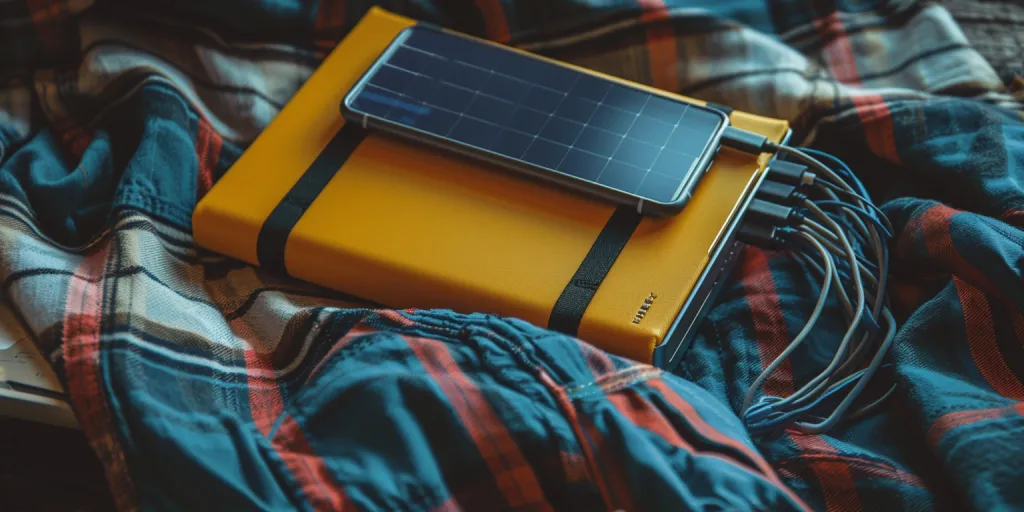Solar power banks have grown in popularity, especially for outdoor enthusiasts and eco-conscious consumers. These devices promise to keep your gadgets powered up using nothing but sunlight. However, their actual efficiency is a subject of ongoing debate.
How Solar Power Banks Generate Power
The primary function of a solar power bank is to convert sunlight into electricity. Solar panels embedded in the device absorb solar energy and transfer it into a built-in battery. This stored energy can then be used to charge mobile phones, tablets, and other electronic devices. However, the efficiency of this process depends on factors like sunlight intensity and the quality of the solar panels.
Environmental and Practical Considerations
While solar power banks are environmentally friendly, they may not always be the most practical option. In areas with limited sunlight or during the winter months, users might experience slower charging speeds. Additionally, the size and efficiency of the solar panels also affect the overall performance of the power bank, making it less reliable than conventional options in some cases.
Enhancing Solar Power Bank Efficiency
Newer models of solar power banks are being designed to counteract these limitations. Some offer faster solar charging, while others integrate higher-capacity batteries. As solar technology improves, we can expect solar power banks to become more efficient, making them a valuable tool for anyone in need of portable, renewable energy.
